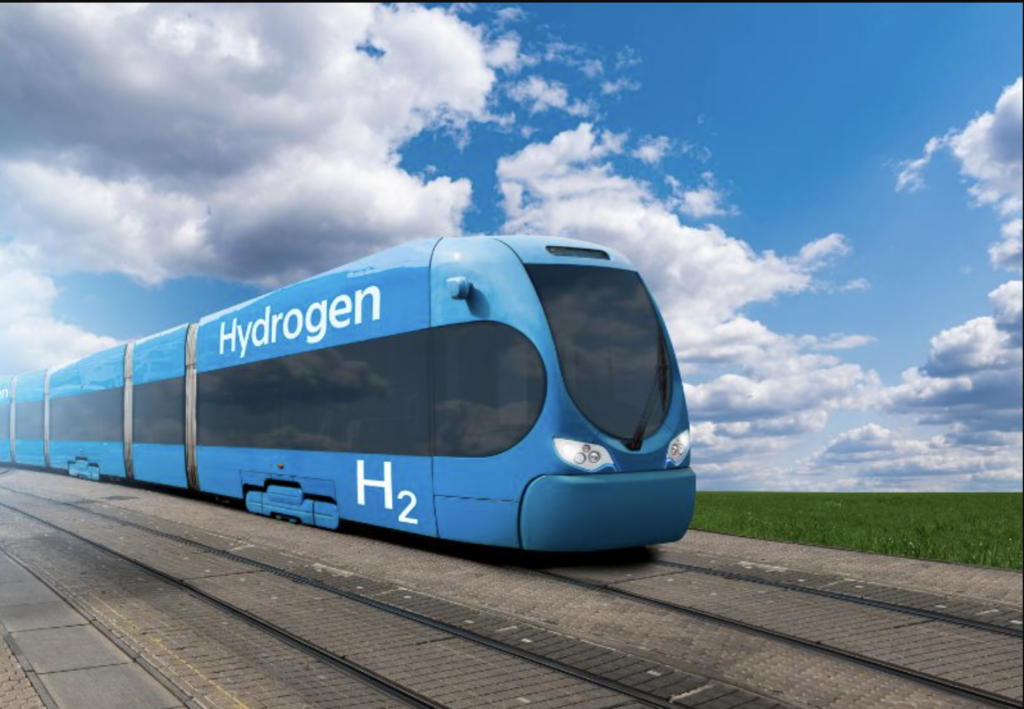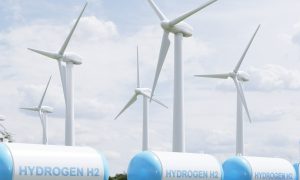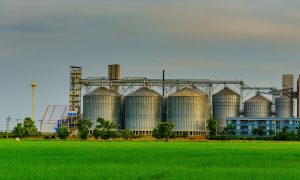Indian Railways to begin trials of hydrogen run trains by December 2024

India’s hydrogen-fueled trains, set to launch by late 2024, will transform sustainable transportation. The pilot project on the Jind-Sonipat route, part of the “Hydrogen for Heritage” campaign, aims to retrofit DEMU trains. With plans to extend to iconic heritage routes, this initiative supports India’s goal of cutting carbon emissions while boosting tourism and green economic growth.
India plans to introduce its first hydrogen-fueled train by the end of 2024, marking a major advancement in the country’s sustainable transportation sector. India has joined the ranks of Germany, France, Sweden, and China as one of the world leaders in hydrogen rail technology. This historic initiative, which aims to transform India’s railway network, is a crucial step toward the nation’s larger objective of lowering carbon emissions and embracing renewable energy.
Hydrogen Trains: The Future of Indian Railways
Diesel Electric Multiple Unit (DEMU) trains in India are being retrofitted with hydrogen fuel cells as part of a pilot project to power trains using hydrogen. The Jind-Sonipat segment in Haryana, which falls under the Northern Railway zone, is the first route selected for this endeavor. This large-scale project, led by Indian Railways, is a component of the “Hydrogen for Heritage” campaign. Currently being constructed at the Integral Coach Factory in Chennai, the prototype is being personally overseen by Railway Minister Ashwini Vaishnaw.
Under this program, Indian Railways intends to launch thirty-five trains powered by hydrogen. Over Rs 80 crore is anticipated to be spent on each train, with an extra Rs 70 crore set aside for the development of infrastructure along various hill and cultural routes.
Why Hydrogen? A Cleaner, Greener Future
Many people believe that hydrogen will be the fuel of the future since it is a clean, sustainable energy source. Trains driven by hydrogen produce just heat and water vapor, which makes them the perfect way to cut down on greenhouse gas emissions and air pollution. A key component of India’s plan to attain net-zero carbon emissions is the switch to hydrogen fuel.
Indian Railways, one of the world’s biggest railway networks, has demonstrated a strong commitment to environmentally friendly solutions with its use of hydrogen technology. It also draws attention to the larger national goal of shifting away from fossil fuels and toward more sustainable energy sources.
Infrastructure and Safety Measures
The infrastructure required to enable hydrogen-powered trains is one of the main implementation obstacles. Indian Railways is tackling the issues of storing and processing hydrogen fuel, which calls for specific systems.
The Petroleum & Explosives Safety Organization has given the proposal its approval to build hydrogen plants. Moreover, globally recognized organizations like TUV-SUD Germany are conducting thorough safety evaluations to make sure that safety procedures adhere to international standards.
The “Hydrogen for Heritage” Initiative: Marrying Tradition with Modernity
One of the most exciting aspects of this initiative is its focus on India’s iconic heritage routes. Known for their cultural and scenic beauty, these routes attract millions of tourists each year. The pilot project will eventually expand to cover some of India’s most famous railway lines, including:
- Darjeeling Himalayan Railway
- Kalka-Shimla Railway
- Matheran Hill Railway
- Kangra Valley
- Nilgiri Mountain Railways
In addition to being important historically, these legacy routes will now serve as models of contemporary, environmentally friendly transit. Modern hydrogen fuel technology combined with the allure of India’s ancient railways is how Indian Railways is demonstrating its dedication to both conserving the past and welcoming the future.
The hydrogen trains will run on these lines for the next three years after the testing are over. In addition to lowering the tourism industry’s carbon footprint in certain areas, switching to hydrogen on historic lines will improve the entire experience for tourists.
Green Transportation and Economic Growth
Beyond just helping the environment, the advent of hydrogen-powered trains will have a significant impact. India is establishing itself as a global leader in environmentally friendly transportation by using hydrogen technology, which may draw investments in the renewable energy industry.
Furthermore, there should be a large number of job possibilities created by the manufacture and upkeep of these hydrogen trains. By enhancing tourism and generating employment, the Rs 70 crore allotted for infrastructure development—particularly in the vicinity of the cultural routes—will also strengthen local economies.
Conclusion: A Milestone in India’s Green Journey
In addition to being a technological first, India’s introduction of hydrogen-powered trains marks a significant turning point in the nation’s environmental progress. Indian Railways is moving in the direction of a more sustainable future by investing in hydrogen technology. This will allow for the coexistence of contemporary transportation with initiatives to cut carbon emissions.
Source Link : https://techstory.in/indian-railways-to-begin-trials-of-hydrogen-run-trains-by-december-2024/
















